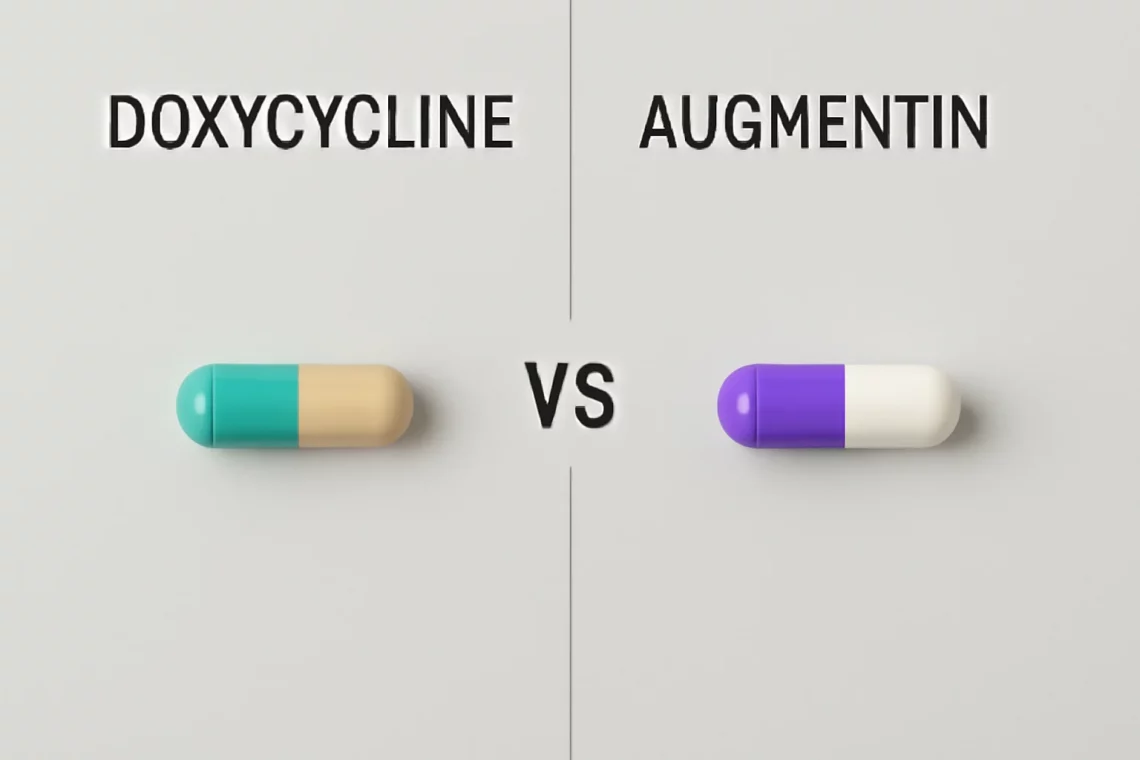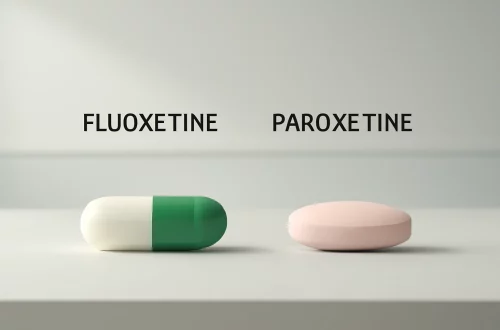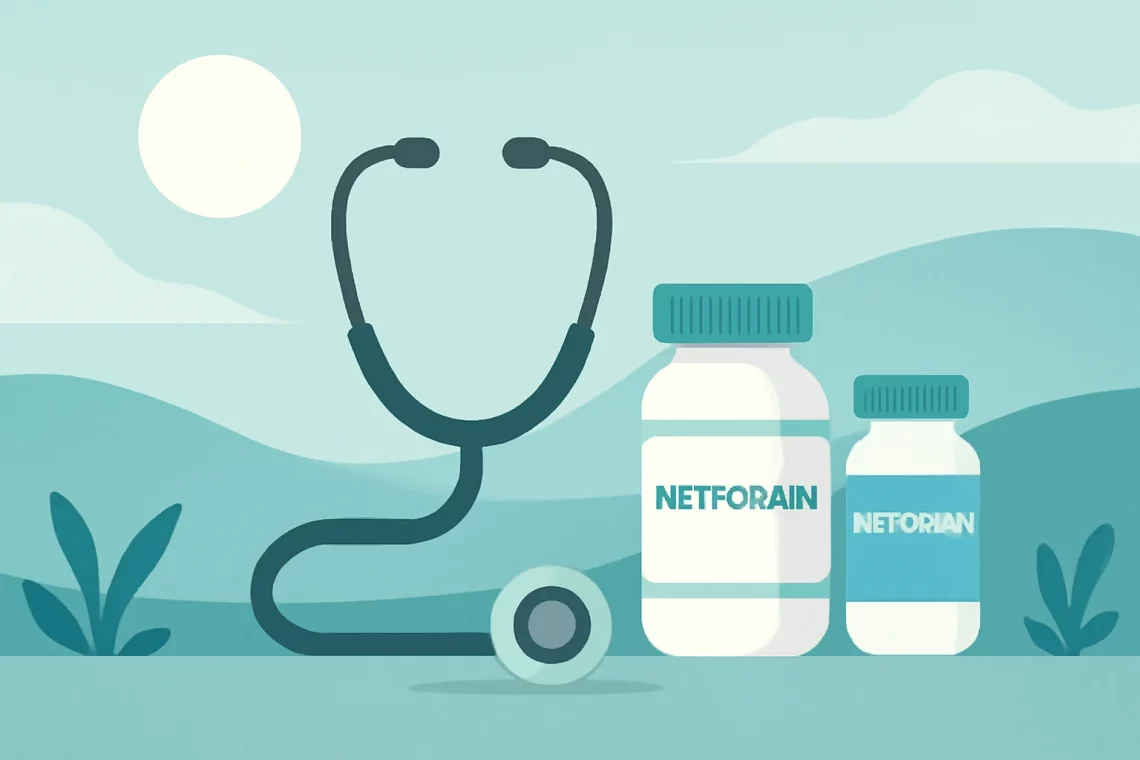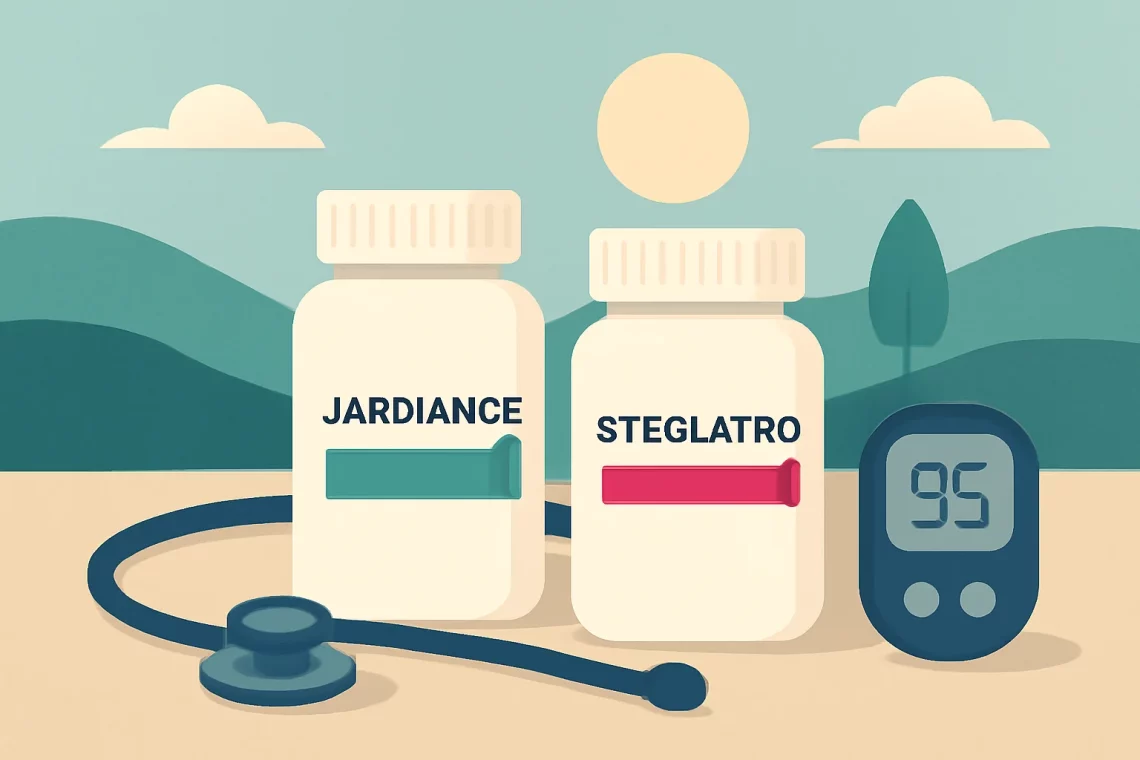-
Mounjaro vs Ozempic: Which Diabetes Treatment is Right for You?
The rising prevalence of obesity and related health conditions has led to an increased interest in medications that can aid in weight management and diabetes control. Among the various treatments available, Mounjaro and Ozempic have emerged as two prominent options. Both medications belong to a class of drugs known as GLP-1 receptor agonists, which work by mimicking the effects of the incretin hormone in the body. This hormone plays a critical role in glucose metabolism and appetite regulation. As healthcare professionals and patients alike seek effective solutions, understanding the differences and similarities between Mounjaro and Ozempic becomes essential. These medications not only help in managing blood sugar levels for individuals…
-
Lyrica vs Gabapentin: Which Medication Is Right for You?
The discussion surrounding medications for neuropathic pain and seizures often leads to a comparison between Lyrica and Gabapentin. Both drugs are anticonvulsants and are widely prescribed for similar conditions, yet they differ in various aspects, including their chemical makeup, efficacy, side effects, and overall patient experience. Neuropathic pain, often characterized by a burning or shooting sensation, can arise from various underlying conditions, such as diabetes, shingles, or nerve injuries. These sensations can severely impact the quality of life, prompting healthcare professionals to seek effective treatments. Lyrica, known generically as pregabalin, and Gabapentin, often referred to by its brand name Neurontin, are two popular choices in the realm of pain management.…
-
Doxycycline vs Augmentin: Which Antibiotic Is Right for You?
Doxycycline and Augmentin are two commonly prescribed antibiotics that serve different purposes in treating bacterial infections. Understanding the distinctions between these medications can be crucial for both patients and healthcare providers. Doxycycline, a tetracycline antibiotic, is known for its broad spectrum of activity against various bacteria, including those causing respiratory and skin infections. It works by inhibiting protein synthesis in bacteria, effectively stopping their growth. On the other hand, Augmentin is a combination of amoxicillin and clavulanic acid, which enhances amoxicillin’s efficacy against bacteria that produce beta-lactamase, an enzyme that often confers resistance to standard penicillin antibiotics. Both medications have unique mechanisms of action, indications, and side effects, making it…
-
Ibuprofen vs Motrin: Understanding Their Differences and Uses
Ibuprofen and Motrin are two widely recognized names in the realm of pain relief and anti-inflammatory medications. Both are often used to alleviate discomfort associated with various conditions, including headaches, muscle aches, arthritis, and even menstrual cramps. Their popularity stems from their effectiveness and the ease of accessibility in pharmacies and over-the-counter settings. Despite their common usage, many people may be unaware of the subtle distinctions between ibuprofen and Motrin. While they are often thought to be interchangeable, understanding their differences and similarities can be crucial for choosing the right medication for specific needs. The active ingredient in both ibuprofen and Motrin is the same, but the branding, formulations, and…
-
Wellbutrin vs Zoloft: Choosing the Right Antidepressant for You
Depression and anxiety are increasingly common mental health issues affecting millions of people worldwide. As awareness of these conditions grows, so does the search for effective treatments. Among the various options available, two medications often discussed are Wellbutrin and Zoloft. Both are prescribed to help manage depression, but they work in different ways and have distinct profiles in terms of side effects, effectiveness, and mechanisms of action. Wellbutrin, known generically as bupropion, is an atypical antidepressant that primarily affects the neurotransmitters dopamine and norepinephrine. It is often chosen for patients who struggle with fatigue and low motivation, as it can help boost energy levels and improve mood without the weight…
-
Metformin vs Tradjenta: Which Diabetes Medication is Right for You?
Metformin and Tradjenta are two medications commonly used in the management of type 2 diabetes. Each serves a unique purpose and has a distinct mechanism of action, making them valuable tools in the treatment landscape for those managing blood sugar levels. Metformin, a biguanide, has been a staple in diabetes management for many years, primarily known for its effectiveness in lowering glucose production in the liver and improving insulin sensitivity. On the other hand, Tradjenta, or linagliptin, belongs to a newer class of diabetes medications known as DPP-4 inhibitors, which help increase insulin levels after meals and decrease the amount of glucose produced by the liver. As the prevalence of…
-
Jardiance vs Steglatro: Which Diabetes Medication is Right for You?
Jardiance and Steglatro are two medications that belong to the class of drugs known as SGLT2 inhibitors, which are primarily used to manage type 2 diabetes. As the prevalence of diabetes continues to rise globally, the importance of understanding various treatment options becomes increasingly significant. Both Jardiance (empagliflozin) and Steglatro (ertugliflozin) offer unique benefits and potential side effects that can influence a patient’s choice of treatment. The mechanism of action for these medications revolves around helping the kidneys eliminate excess glucose through urine, thus lowering blood sugar levels. Patient experience, efficacy, and safety profiles are key considerations when evaluating these medications. With the growing emphasis on personalized medicine, understanding how…
-
Cyclobenzaprine vs Flexeril: Understanding the Differences and Uses
Cyclobenzaprine and Flexeril are terms that often arise in discussions about muscle relaxants used to alleviate discomfort from muscle spasms and pain. While many people may use these terms interchangeably, it’s essential to understand that they refer to the same medication. Cyclobenzaprine is the generic name, while Flexeril is the brand name under which it is marketed. This medication is widely prescribed to help manage acute musculoskeletal conditions, providing relief by acting on the central nervous system. Muscle pain can significantly impact an individual’s quality of life, leading to discomfort and limiting mobility. As a result, the demand for effective treatments continues to grow. Cyclobenzaprine works by interfering with the…
-
Ciprofloxacin vs Levaquin: Understanding Their Differences and Uses
Ciprofloxacin and Levaquin are two widely used antibiotics, both belonging to the fluoroquinolone class of medications. These drugs are often prescribed to treat bacterial infections, ranging from urinary tract infections to respiratory conditions. Despite their similarities, each medication has its own unique characteristics, indications, and potential side effects. Understanding the differences and applications of Ciprofloxacin and Levaquin can help patients and healthcare providers make informed decisions about treatment options. While both medications target bacterial infections, they may vary in effectiveness depending on the type of bacteria involved and the severity of the infection. Furthermore, the choice between these antibiotics may also depend on the patient’s medical history, potential drug interactions,…
-
Canagliflozin vs Dapagliflozin: Which is the Better Diabetes Treatment?
The management of diabetes has evolved significantly over the years, with new medications continually being developed to enhance treatment efficacy and improve patient outcomes. Among these advancements, SGLT2 inhibitors have emerged as a pivotal class of medications for managing Type 2 diabetes. These drugs work by promoting the excretion of glucose through urine, thereby lowering blood sugar levels. Canagliflozin and Dapagliflozin are two prominent medications within this class, each with distinct profiles and benefits. Both of these medications have garnered attention for their ability not only to control blood sugar but also to provide additional cardiovascular and renal benefits. As the prevalence of diabetes continues to rise globally, understanding the…






































